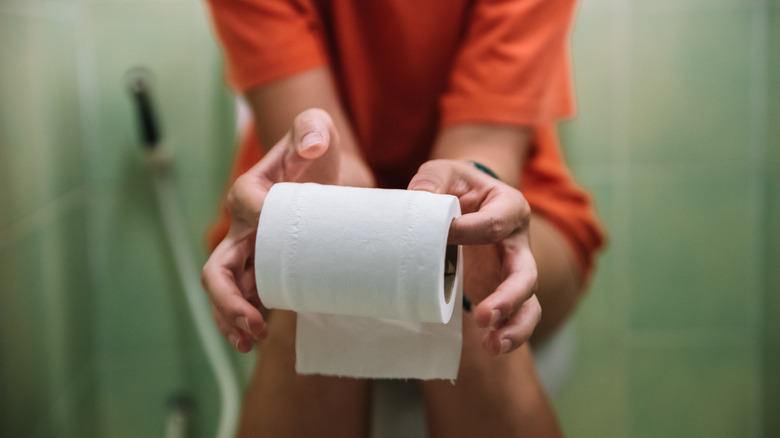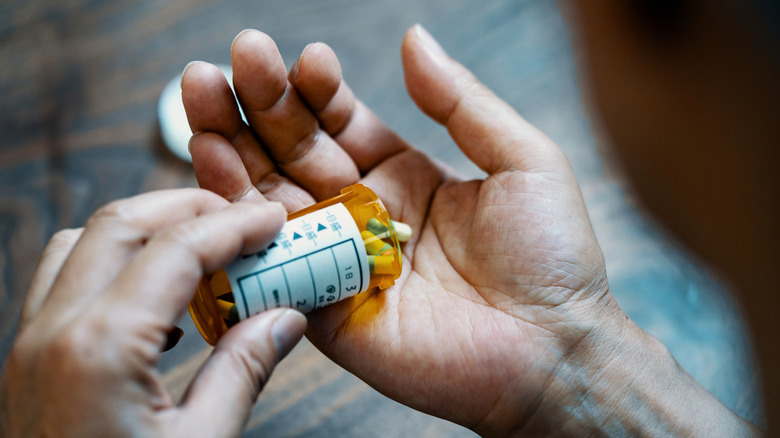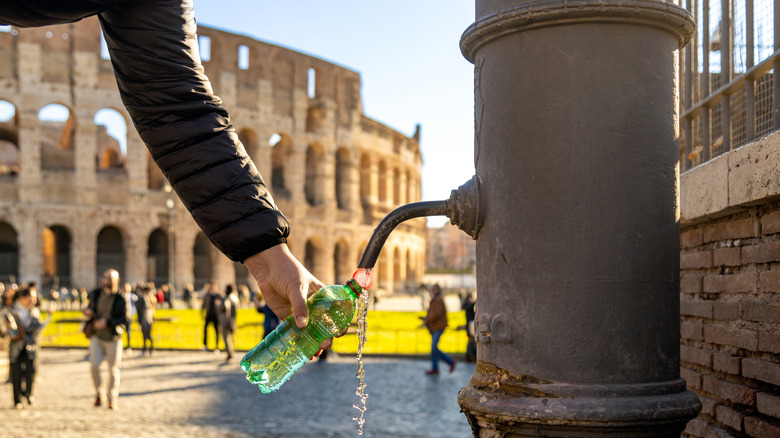The Ways International Travel Affects Your Gut
You might love to travel, but does your gut feel the same way? With every delicious bite of unfamiliar food or refreshing sip of water, we introduce new microbes into our bodies, and as most of us know, our guts don't always react well. From bloating to diarrhea, travel can wreak havoc on our digestive systems. But beyond the short-term discomfort, could travel have long-term effects on our microbiome? Let's go on a journey into the gut to find out.
Like many good vacations, it all starts with a plane ride. Most of us are acquainted with the uncomfortable bloating and gas that comes with being in the air. Put very simply, the change in cabin pressure as you ascend can make the gas in your stomach expand (just like a packet of chips puffs up on a plane). These pressure changes (as well as sitting for long periods of time) can also lead to constipation. In other words, your gut enjoys flying even less than you do. Luckily, these symptoms tend to "pass" within a couple of days of landing at your destination. There are also many tips to help you avoid feeling bloated after a flight, including drinking lots of water and eating light meals.
The longer-term impact of travel on your gut
So, the discomfort caused by air travel is usually temporary. But what about the more inconvenient symptoms that often appear during your trip? We're looking at you, traveler's diarrhea. According to the CDC, between 30% and 70% of people get traveler's diarrhea while on vacation or after returning home. That means if you leave the U.S., there's a decent chance you'll spend a lot more time in the bathroom than you'd hoped to.
However, traveler's diarrhea isn't the only souvenir our guts pick up while traveling. A study published in The Lancet on U.S. travelers, "observed widespread enrichment of antibiotic-resistant genes in the gut" post-travel. This highlights a growing global threat: antimicrobial resistance (AMR), which occurs when bacteria or viruses stop responding to treatments like antibiotics. It's a major concern, especially as "5 out of 6 people are prescribed an antibiotic each year" in the U.S., according to the CDC. When those antibiotics stop working, serious trouble follows. In fact, we're already there: The World Health Organization estimates that AMR contributed to almost 5 million deaths in 2019.
There's some reassuring news, though. Another Lancet study found that our gut health returns to normal within about three months of returning home. Most research also suggests that there are steps we can take to keep our digestive system healthy and reduce the risk of picking up antibiotic-resistant microbes.
Protecting your digestive health on the road
Many studies and organizations agree that changing your behavior while traveling is key to minimizing AMR risk. Overuse of antibiotics, both at home and abroad, fuels resistance, so think twice before taking them. The CDC estimates that around 30% of prescriptions for antibiotics in the U.S. are unnecessary. For traveler's diarrhea, antibiotics should only be taken in the most severe cases. If you do get sick, the cure for traveler's belly might just lie in your favorite soda, so try cracking open a can of Coke before popping any pills.
Prevention is even better than a cure, though. It's crucial to know whether you can drink the tap water in a foreign country. Many countries, like those in the EU, Japan, South Korea, Singapore, Canada, Australia, and New Zealand, have excellent tap water. Elsewhere, bottled or purified water is a safer bet. When it comes to food, trust your gut: If something looks off, move along. Choose hot, freshly cooked foods and avoid uncooked fruits and veggies (unless you wash and peel them yourself with clean water), and always look for places that are busy or have long lines, meaning the food won't be sitting around.
What about probiotics? A study published in Biomedicines in 2024 showed that probiotic bacteria might "maintain the intestine's health and protect the gut microbial community from the interference of travel." Taking probiotics before and during travel is unlikely to do you any damage and might help keep your gut happy and your bathroom breaks to a minimum, though remember to always consult your doctor before taking any supplements.


